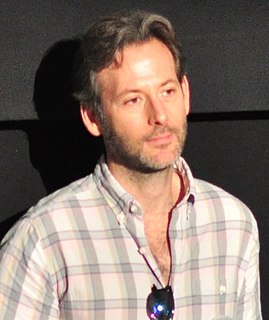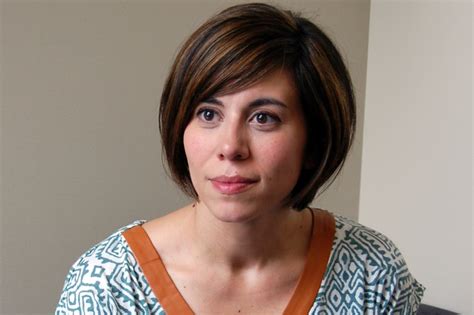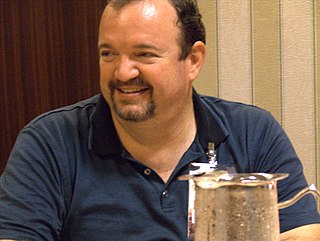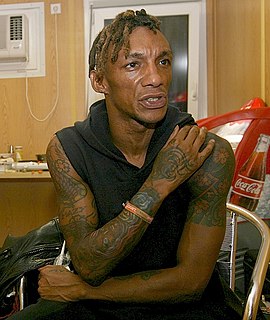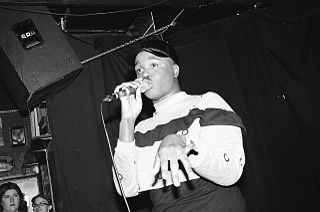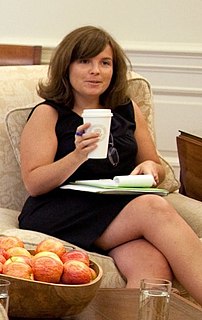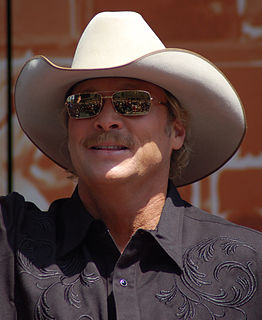A Quote by Chimamanda Ngozi Adichie
I had people read it early on and, you know, well-meaning people said to me, you should take out the blogs. I didn't get much positive feedback. Only because most of these people were protective of me - it was sort of like a "tone it down, make it easier to swallow" kind of thing. And I just thought if I do that then it's not the book I want to write.
Related Quotes
I was so lucky that I got to meet certain people. It came through Roddy McDowall, who had become a photographer and would do these portraits of celebrities. Then he would get another well-known person to write a thing. He photographed me when I was 15 or 16, and he got Jason Robards to write the thing because he was sort of my mentor. And Roddy would invite me to these dinner parties that were insane. Like, Elizabeth Taylor and Maureen O'Hara and people that were just crazy. I still can't really believe that I met them.
I find with most of my readers are kind of like me, sort of people who were a little bit naive in life and then learned the hard way that this is what's going on, the political games and most of my readers write to me telling me that the book helped them open their eyes to what other people are doing to them.
The whole thing is this: If you don't use just basic grammar, if you don't get the language down, you're not going to have access to a tool that people use as a weapon against you. The only reason I was never taught to read and write was because it was easier for them to lead me. But the second I learned to read and write, I began to lead myself.
Write what you want to read. So many people think they need to write a particular kind of book, or imitate a successful style, in order to be published. I've known people who felt they had to model their book on existing blockbusters, or write in a genre that's supposed to be "hot right now" in order to get agents and publishers interested. But if you're writing in a genre you don't like, or modeling yourself on a book you don't respect, it'll show through. You're your first, most important reader, so write the book that reader really wants to read.
I definitely isolate, but I also always have people in front of me, and I have to be OK with that. I'm in a business where, on the set, you're around two hundred people every day, and if you're high on the call sheet, you sort of set the tone for the set. And you want people to feel appreciated, and you want to ask them how their kids are. You want to talk to people and invest in them and let them know that they're appreciated and heard. But then I do like to just kind of withdraw.
[A] couple I had known - who were old friends - asked me what I was going to work on next. I told them I wanted to write a near future book about AIDS concentration camps. They were vehement in their response: they thought it was a terrible idea. Their words both shocked and saddened me. "Do you really want to write a book about homosexuals?" they asked me. "Won't people who read your work be influenced toward sin?" I notice that I don't hear from them much lately.
The Queen wanted me to do the music for the 2000 celebrations at the Dome. I went down to these offices at Buckingham Palace and had a meeting with these people, and I was like, 'Alright how much?' And they said, 'Well no, it's for the Queen.' They thought because it's such a huge thing, I'd do it for free! So I turned that down.
I think that if you look at all of the books that have ever been written about people working in the White House, they're sort of the opposite of my book. And I think that so many people want to write a book that sort of memorializes their place in history. And I wanted to write something for all of the women who are like me. I grew up in upstate New York, I graduated high school with 70 other people and didn't ever know that anything like this would have really been an option for me. So I wanted other young women — and men — to know that just being you is plenty.







